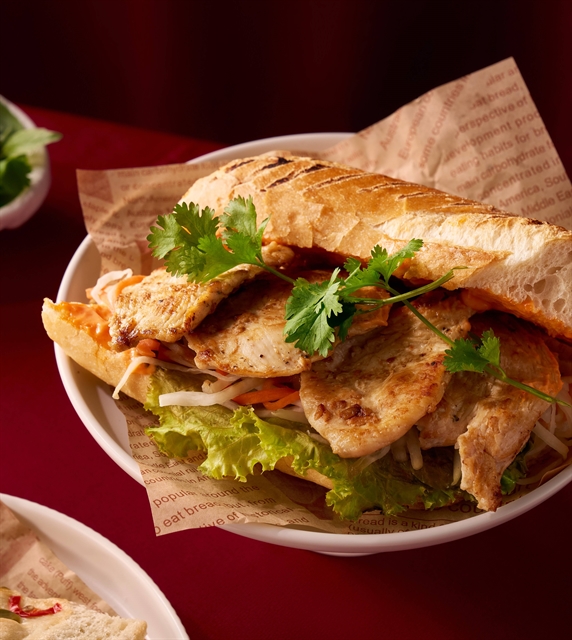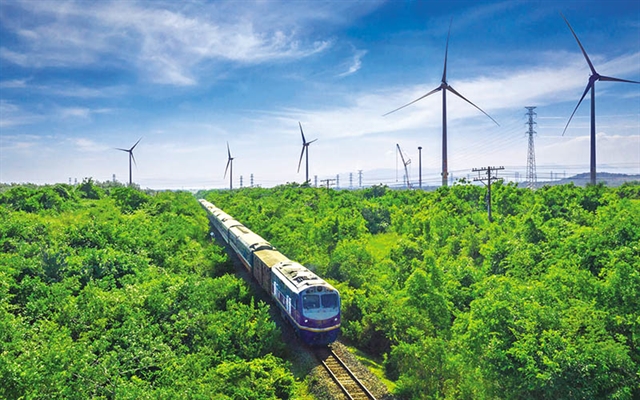 Society
Society


|
| The Vũng Áng – Tân Ấp – Mụ Giạ railway project is part of the Vientiane - Vũng Áng railway, which was included in the national railway network development planning in the 2021 – 2030 period, with a vision until 2050. — Photo deoca.vn |
HÀ NỘI — A joint venture between Vietnamese infrastructure developer Đèo Cả Group JSC and Petroleum Trading Lao Public Company (PetroTrade) has been allowed to develop a railway project linking the two countries.
General Director of the Đèo Cả Group JSC Nguyễn Quang Vinh has announced that the Ministry of Transport accepted the joint venture’s proposal on developing Vũng Áng – Tân Ấp – Mụ Giạ railway project under the form of Public-Private Partnership (PPP).
The joint venture as the project investor is required to conduct a pre-feasibility study and submit an assessment report as regulated in the Law on Investment, Law on Railway, relevant laws and planning schemes.
The Vũng Áng – Tân Ấp – Mụ Giạ railway project is part of the Vientiane - Vũng Áng railway, which was included in the national railway network development planning in the 2021 – 2030 period, with a vision until 2050. It has a length of 103km and is estimated to cost nearly VNĐ27.5 trillion (US$1.12 billion).
It is an important project, part of the overall Việt Nam - Laos railway project, and one of the priorities of the Governments of Việt Nam and Laos.
The Vientiane - Vũng Áng railway has a total length of 554.7 km from Vũng Áng port in Việt Nam’s central coastal province of Hà Tĩnh to Vientiane, the capital and largest city of Laos.
The project will be built under the public-private partnership, with a total investment of VNĐ149.55 trillion ($6.3 billion).
Vũng Áng Port - the railway’s ending point will play an important role in promoting the two countries' economic ties through trade exchange and maritime transport, targeting the markets of Northeast Thailand, China, the Republic of Korea and Japan.
According to the representative from the Đèo Cả Group JSC, after highways, investing in railway infrastructure has been identified as the new direction of the business in the next 5-10 years. — VNS




